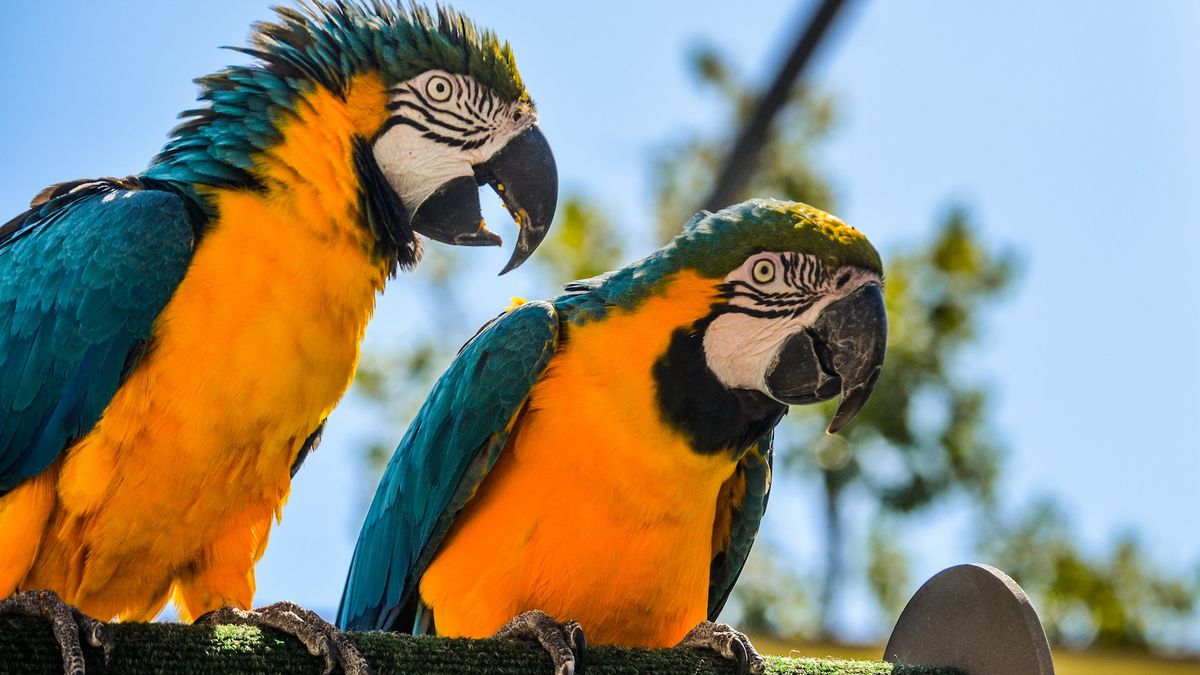Now Reading: Do Parrots Really Understand Their Words?
-
01
Do Parrots Really Understand Their Words?
Do Parrots Really Understand Their Words?

Quick Summary
- Parrots in the wild: Parrots use squeaks, squawks, whistles, and trills to communicate wiht their flock. They employ complex systems to locate food, warn of danger, and even use “signature contact calls” akin to human names.
- Parrots with Humans: Without flockmates, parrots adapt by learning human speech patterns using their specialized brains. Training methods influence whether parrots truly understand or simply mimic human language.
- Alex the African Gray Parrot: Famous for his skills; he understood over 100 words and concepts like color, shape, material comparisons (e.g., “bigger” or “smaller”), counting up to six, and had a basic grasp of zero.
- Learning Capacity: Everyday pet parrots can associate words with real-world objects through repetitive exposure. Contextual cues enhance their ability to appropriately use abstract words learned from reinforcement cycles.
- Examples of Understanding:
– alex used phrases like “I’m sorry” appropriately during tense situations-linked more toward defusing interactions than actual contrition.
– Phrases such as “I love you” functionally serve as ways parrots gain attention and affection but without understanding deeper emotional meanings.
Indian Opinion Analysis
This study underscores the remarkable adaptive capabilities of parrots when exposed to human environments-from learning meaningful word associations for objects to contextual uses that resemble comprehension.For India-which is home to various species of wild parrots-the findings could have implications for understanding avian intelligence in local ecosystems alongside recognizing the cognitive potential held by pets.
Furthermore, it raises questions about ethical considerations regarding training animals solely in human linguistic systems instead of studying dialog inherent within wildlife frameworks. As indicated by researchers like Irene Pepperberg, there remains untapped knowledge about how animals perceive intelligence differently from humans-a outlook relevant not only globally but also within India’s wildlife conservation efforts.
Researchers aiming at conservation strategies could work on preserving habitats while exploring interspecies communications unique among Asia’s avian populations rather than relying primarily on models shaped around anthropocentric views alone.


























